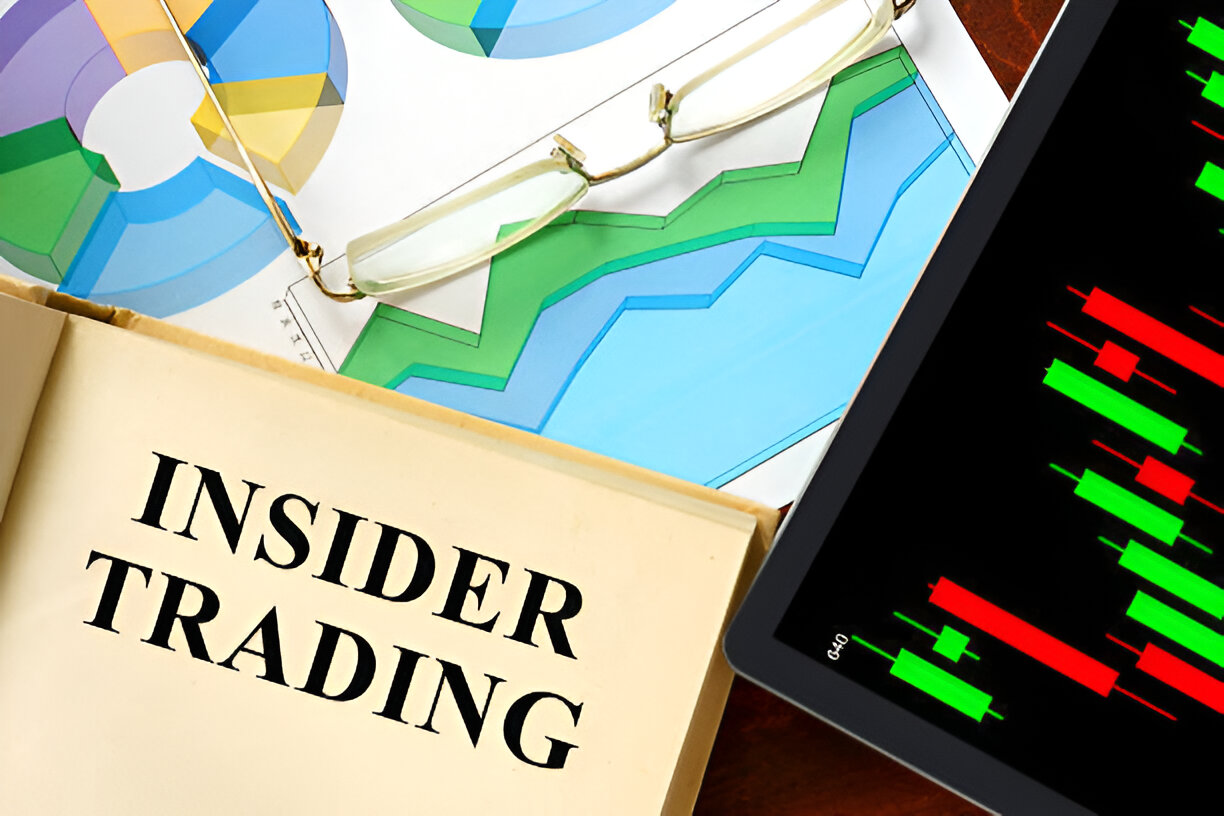Insider trading—it’s one of those terms that might sound mysterious but is more common than you think. At its core, it happens when someone with access to confidential, non-public information about a company makes stock trades based on that knowledge. While it may sound like a smart strategy to stay ahead, there’s a catch: it can be illegal, and when it is, it disrupts the fairness of the stock market.
How it Works
Imagine if a company executive knew the business was about to announce record-breaking profits, and they decided to buy a large number of shares just before the news goes public. Or perhaps they know about an upcoming merger and sell their shares ahead of time to avoid a loss. This is insider trading in action—using privileged information to make decisions that the general public has no access to.
Not all insider trading is illegal. Company officers, directors, and employees can buy and sell stock in their companies legally as long as they follow proper guidelines. However, when trades are based on confidential information that has not yet been made public, it crosses the line into illegal territory.
How Insider Trading Impacts the Market
Insider trading creates an unfair advantage. Imagine being in a race where some runners have a head start—it just doesn’t feel fair, right? In the stock market, this skews the playing field, giving a select few the ability to profit while leaving regular investors in the dark. This imbalance can lead to a loss of trust in the market, as investors begin to wonder whether they’re playing in a game where the odds are stacked against them.
For companies, this can also have severe consequences. It can damage reputations, lead to hefty fines, and even cause stock prices to plummet when the illegal activity is uncovered.
The Final Word on Insider Trading
In a world where market transparency is key, insider trading stands as a major threat. Whether it’s done with good or bad intentions, using confidential information for personal gain undermines the very foundation of a fair and open market.
So, the next time you hear about insider trading, you’ll know just how much it can impact the financial system—and why it’s something regulators take seriously.
